By Anastasia Blosser and Gabriela Silva Ponte
Holocaust survivor, Sol Nayman shared his experience at Toronto Metropolitan University (TMU) as part of Hillel TMU’s sixth annual Holocaust education week on Nov. 9.
Over 100 attendees were present, according to an Instagram post made by the student group.
Hillel TMU is a Jewish student group that “works to amplify Jewish campus life,” according to its website. The group organized and hosted Holocaust Education Week at the university from Nov. 6 to 9.
Other events held throughout the week include the Untold Stories photo exhibit and the Never Again is Now antisemitism panel.
Hillel TMU president, Noam Kehimkar, said university communities have a responsibility to learn about the Holocaust to ensure the tragedy will never be repeated.
“In times of tension, we can be the agents of change, advocates for peace and bearers,” she said at the event. “Together, we can build a world [where] the lessons of the Holocaust guide us toward a more compassionate world.”
In an interview with The Eyeopener, Kehimkar said she hopes students learned from Nayman’s experience and will take it with them.
“It’s the first survivor testimony we’ve done in a while and it really warmed my heart to see so many students, parents and faculty members come out,” she said. “We are one of the last generations to hear a survivor testimony [first-hand].”
“We are one of the last generations to hear a survivor testimony [first-hand]”
Toni De Mello, TMU’s vice-president of equity and community inclusion, said listening to the experiences of Holocaust survivors first hand is a privilege.
“We can record their stories, and we can listen to them on screen, but there is something about hearing somebody’s story in person,” De Mello said. “While we can’t reverse what these folks have experienced, what we’ve tried to do is hear their story and see how we can support moving forward.”
Six candles were lit in memory of Jewish people who perished, persecuted Romani people and other ethnic groups, 2SLGBTQIA+ communities, political victims, people with disabilities and children who were targeted by the Nazi regime.
The organizers then asked for a moment of silence in memory of those who were killed or victimized by the Holocaust.
After TMU community members opened the event, Nayman took to the stage to share his experience.
Nayman said he escaped Poland with his family in 1939. They were initially sent to a labour camp in present day Russia before going to another one in Ukraine.
Following the end of the Second World War, he and his family lived in a German displaced persons camp until they immigrated to Canada in 1948 as tailors and garment manufacturers.
Nayman said his mission in life is to promote Holocaust education and genocide awareness to inspire others to oppose hatred and discrimination of any kind.
“I realized that I’m one of a diminishing universe of people, one of a group of Holocaust survivors that is getting smaller and smaller, so I realized I better do something about it,” he said.
“You are the last generation who will be in the presence of Holocaust survivors.”
Alec Momenee-Duprie, vice-president of first-year engagement at Hillel TMU, said he recognizes that Holocaust education can be depressing but wants students to leave feeling motivated.
“When we as Jews beg people to look at these atrocities, we aren’t trying to get pity, we aren’t trying to get any kind of privilege from being oppressed. What we’re trying to do is say, look at what happened,” he said.
“What I hope people are invigorated to do is to stand up and in whatever way they can and stop being silent.”
Momenee-Duprie said that the lessons learned from the Holocaust can be applied to modern international relations.
“As we look at the events that are currently going on, the victims of both sides and the perpetrators of both sides are all human,” he said.
“The way that this kind of nuanced, decades long, complicated, messy global conflict will end is by each side understanding the humanity of the other and the right of the other to exist.”
TMU president Mohamed Lachemi said that the events of Holocaust education week aligned with the school’s values.
“The university has consistently shared that it is our expectation that TMU students, community members and their guests always conduct themselves and express their views in a manner that demonstrates respect, civility—and ideally empathy,” Lachemi told The Eye in an email.
“This is in keeping with the university’s values, and in ways that are free from discrimination, racism or hatred.”
Lachemi also said that the events followed standard protocol and security was present to ensure everything ran smoothly.
“We must continue to be a place that is welcoming for students, faculty and staff of all cultures and backgrounds; a place where those who may want to debate or disagree do so respectfully and with civility,” he said.
The Holocaust took place during the Nazi era in Germany between 1933 and 1945. Throughout the Second World War, six million Jews and five million Soviet prisoners of war, Romanies, Jehovah’s Witnesses, queer, disabled persons and more were persecuted, according to the National WWII Museum.
Nayman said that Holocaust education is not memorizing the statistics of casualties but rather understanding how a person can “incite violence” through their words.
He brought attention to the stages of genocide that ends with extermination and denial.
He warned the audience to “beware of the beginning” and to look for early warning signs such as the classification of and discrimination against marginalized groups.
“There is only one thing worse than the Holocaust,” Nayman said. “That is a world that forgets it happened.”


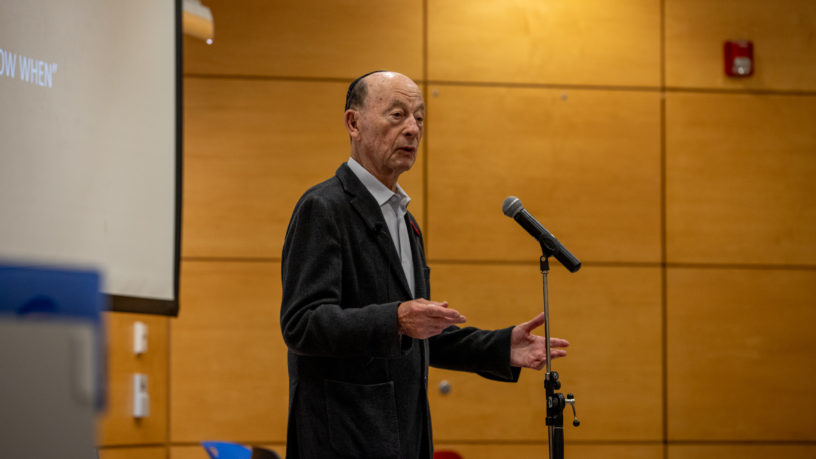
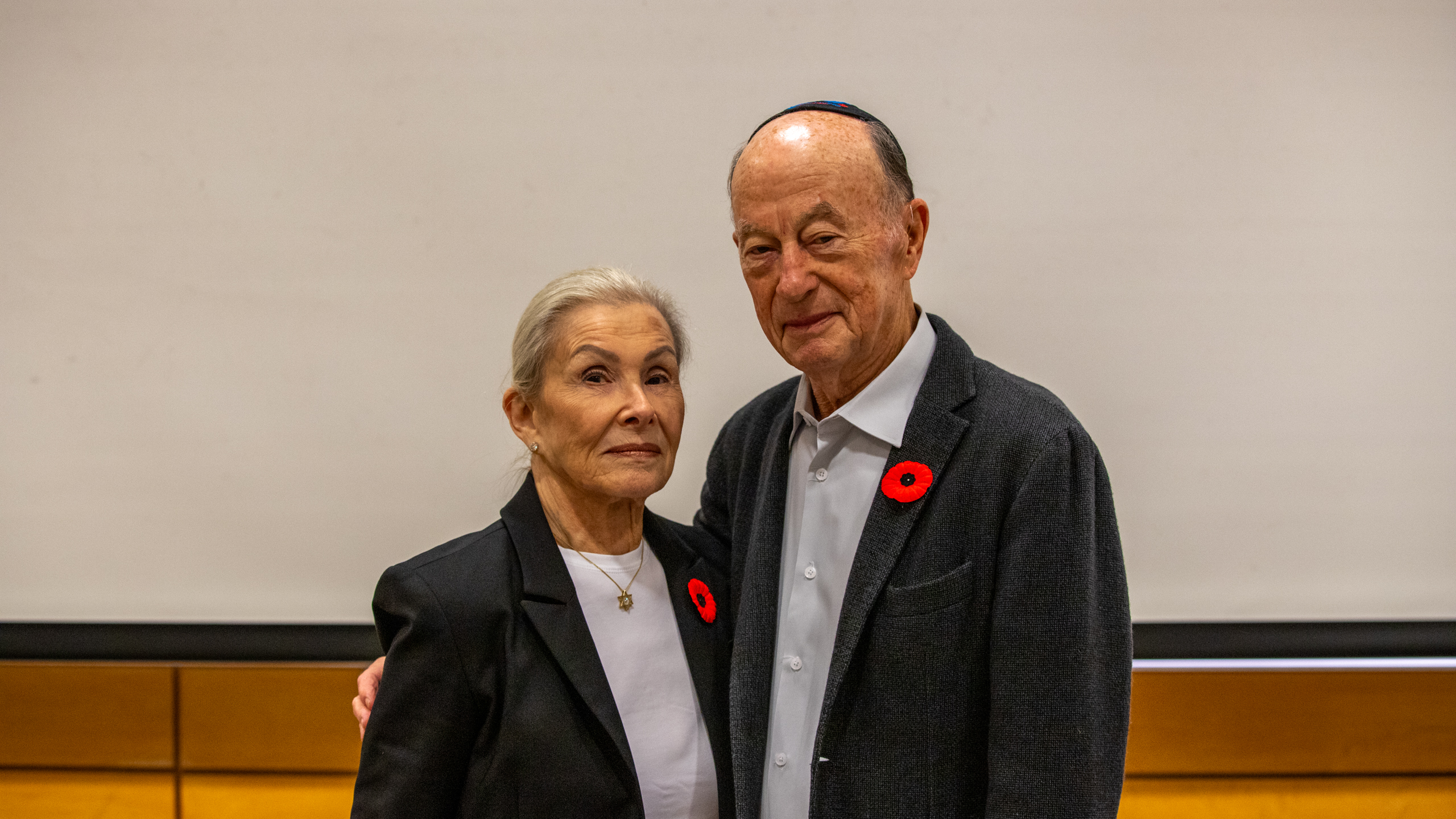
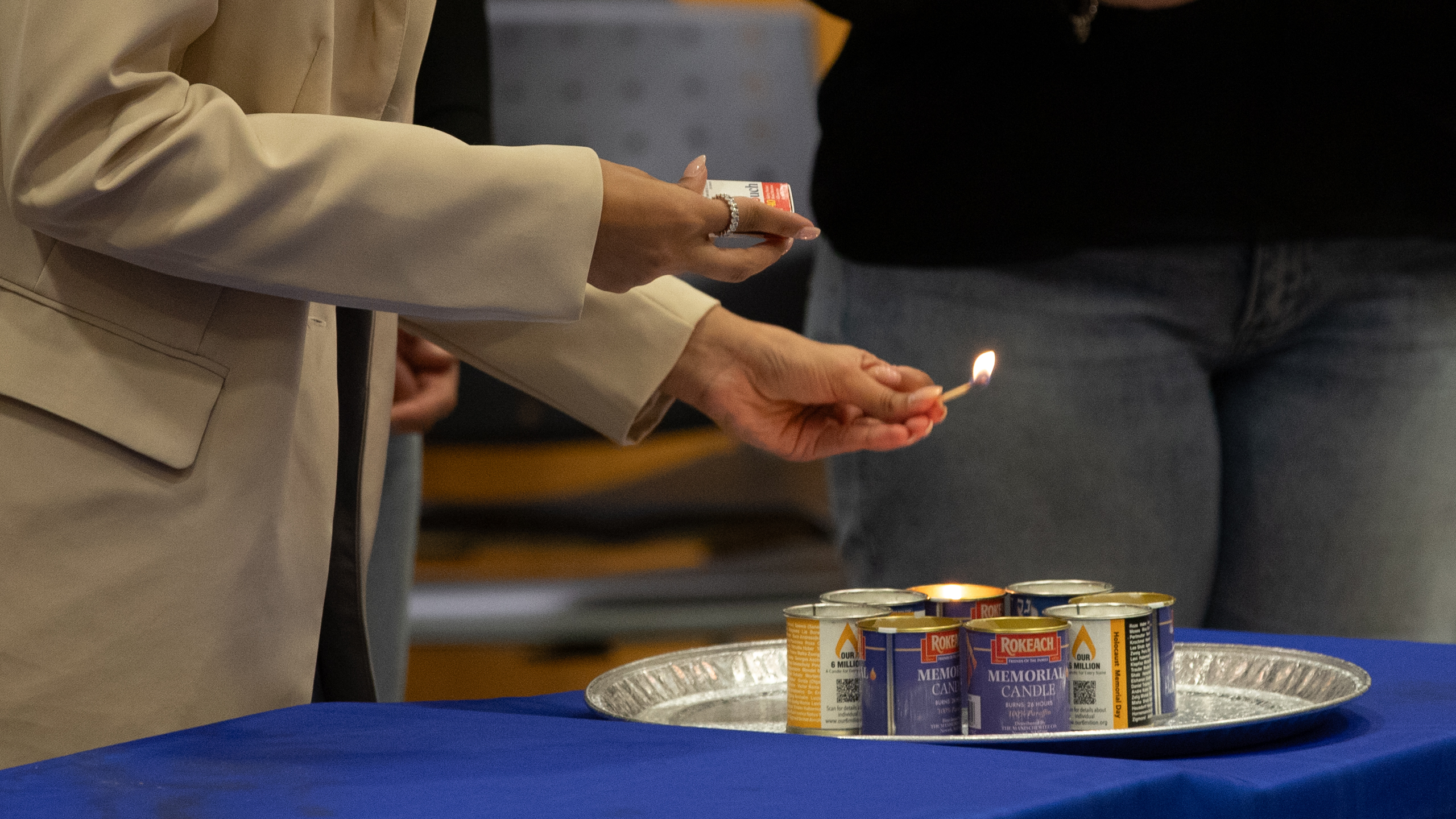
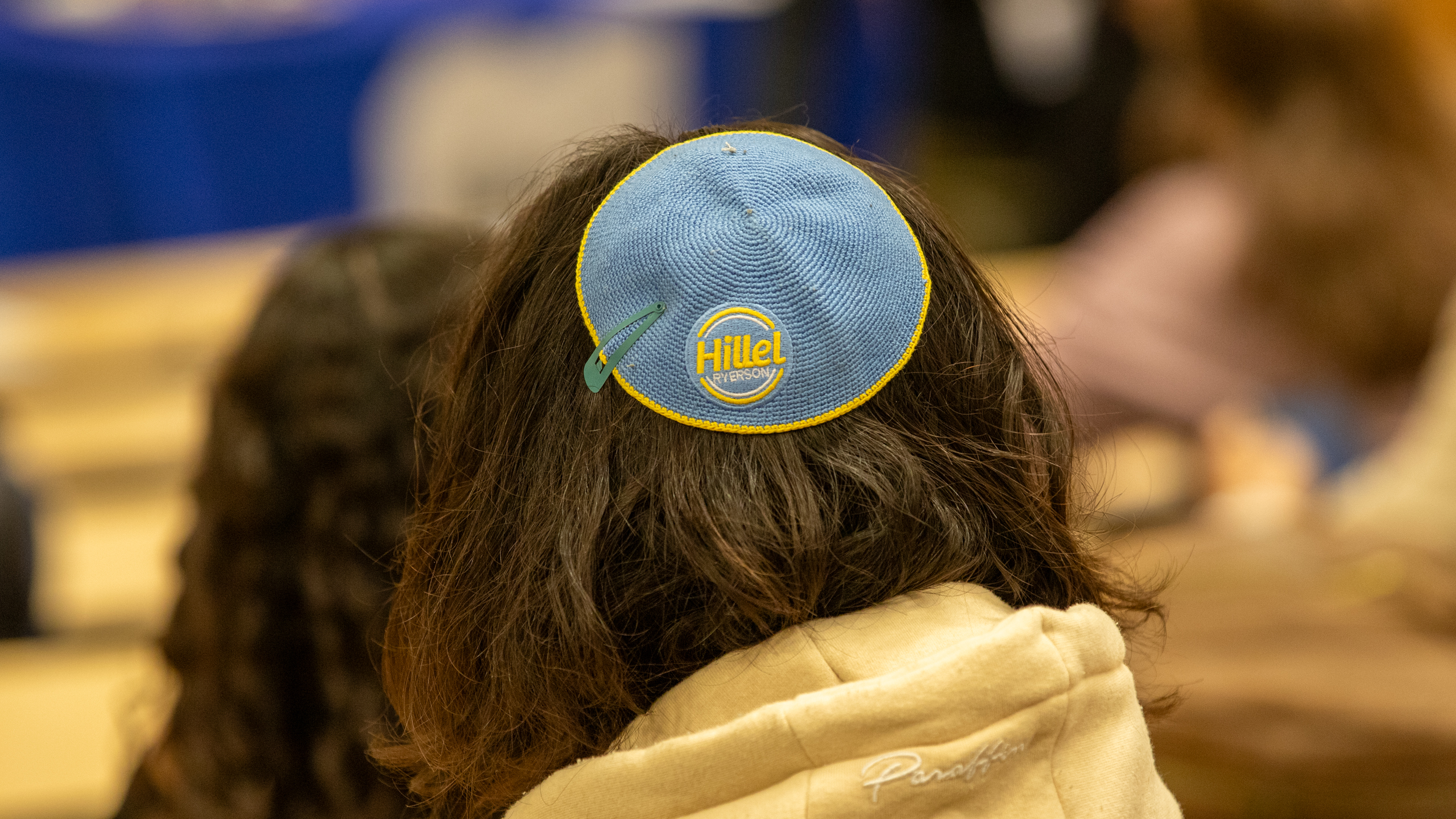
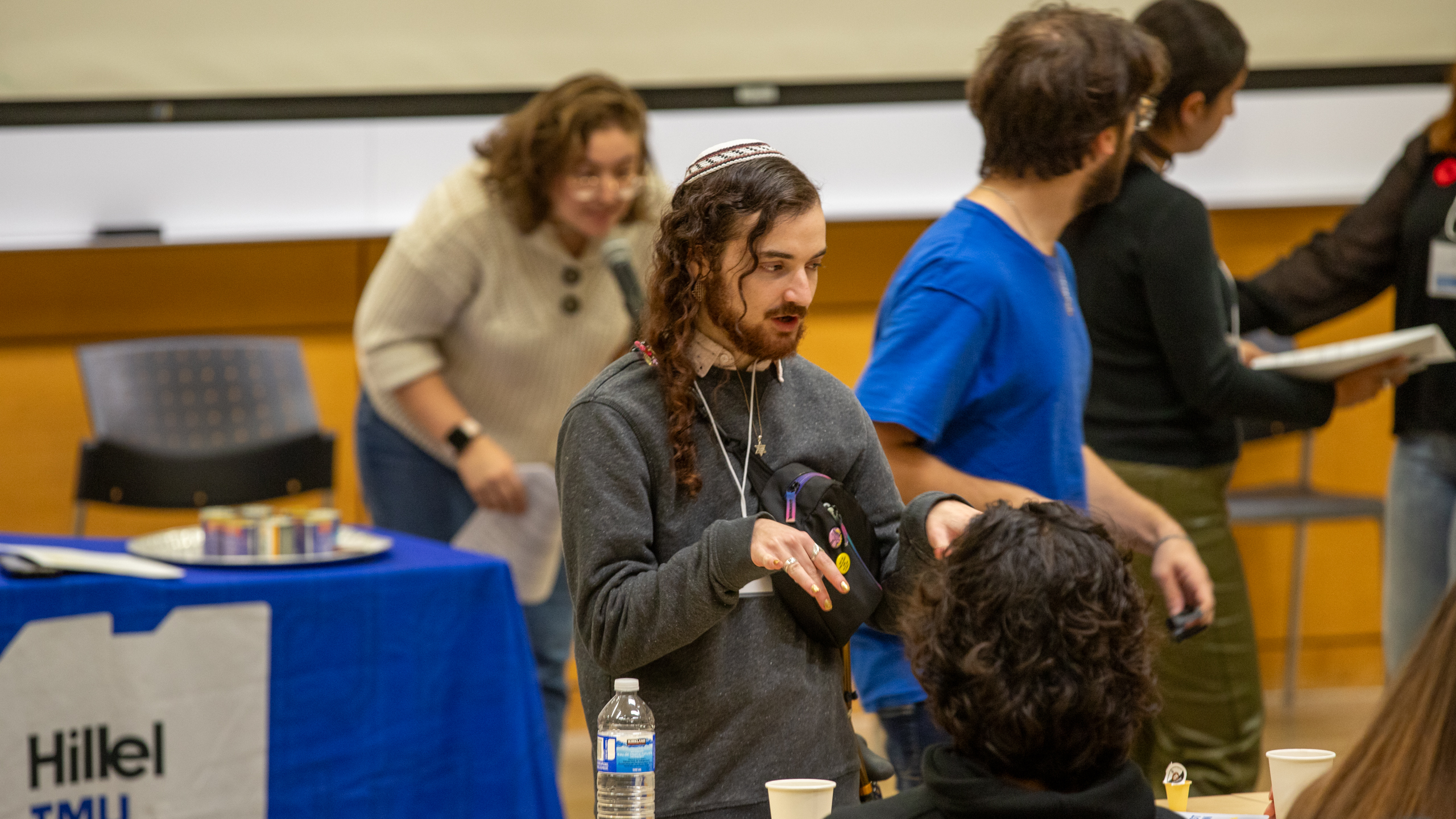









Leave a Reply